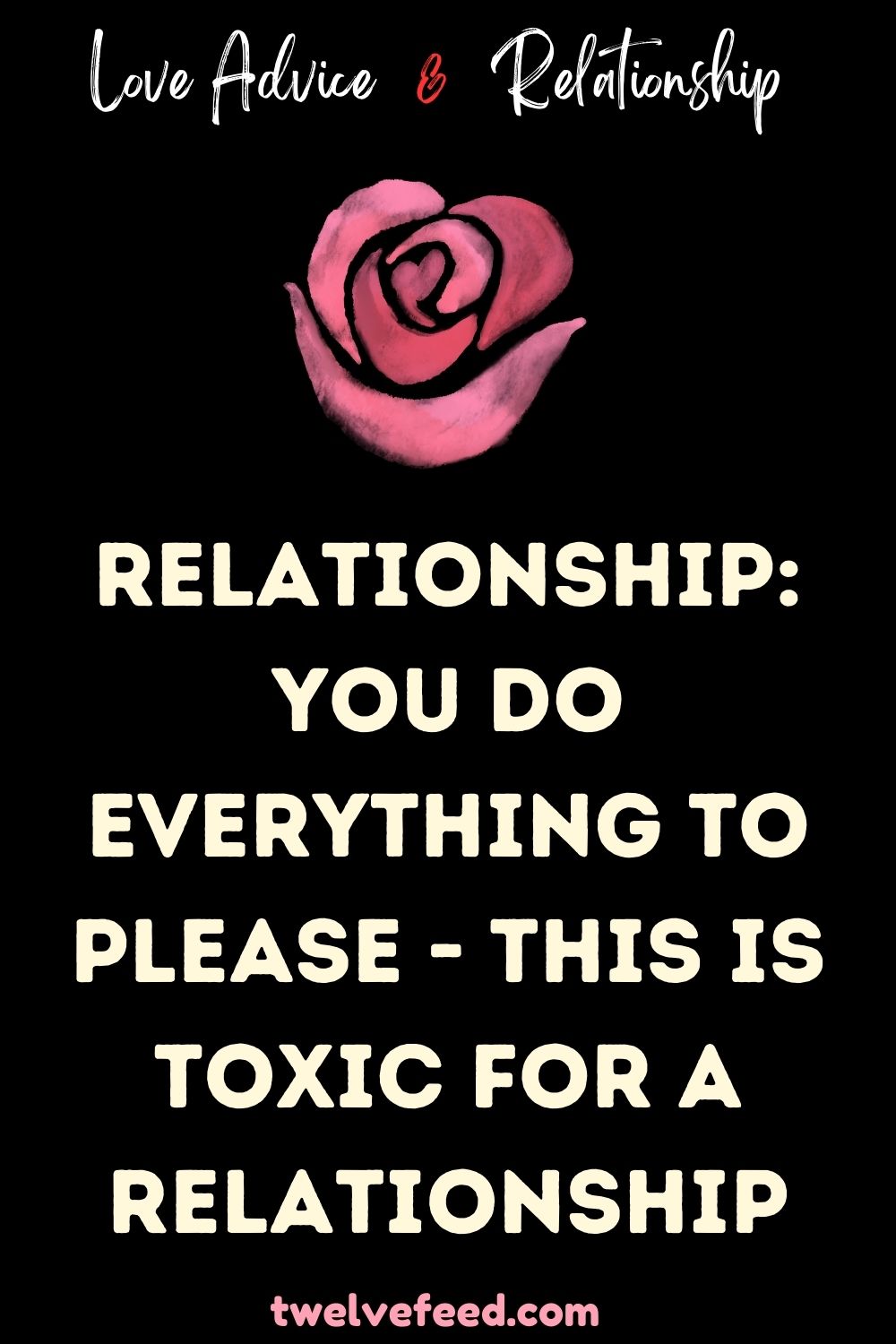
Introduction
In the realm of relationships, there exists a delicate balance between giving and receiving, between compromise and assertiveness. This equilibrium forms the foundation of healthy relationships. However, there’s a common misconception that in order to maintain a successful partnership, one must constantly prioritize the needs and desires of their partner above their own. This belief, while well-intentioned, can lead to toxic dynamics that erode the very fabric of a relationship.
The Pitfalls of Pleasing at All Costs
Sacrificing Self for the Sake of the Relationship
In many instances, individuals feel compelled to prioritize their partner’s happiness at the expense of their own well-being. This pattern of behavior often stems from a desire to avoid conflict or maintain harmony within the relationship. However, consistently neglecting one’s own needs can result in feelings of resentment and unfulfillment.
Enabling Unhealthy Patterns
When one partner consistently caters to the desires of the other without regard for their own boundaries or values, it can foster codependency and enable destructive behaviors. This dynamic creates an imbalance of power and can lead to feelings of entitlement in the partner receiving undue accommodation.
Loss of Identity
In relationships where one partner prioritizes the needs of the other to an extreme degree, individuals may lose sight of their own identity. Their sense of self becomes intertwined with their role as a caretaker or people-pleaser, leaving little room for personal growth or fulfillment outside of the relationship.
Cultivating Healthy Relationship Dynamics
Establishing Boundaries
Central to the development of a healthy relationship is the establishment of clear and mutually-respected boundaries. Each individual must feel empowered to communicate their needs, desires, and limitations openly and honestly. This fosters a sense of mutual respect and ensures that neither partner feels neglected or taken advantage of.
Embracing Individuality
Healthy relationships thrive on the recognition and celebration of each partner’s unique identity. It’s important for individuals to maintain their autonomy and pursue their own interests and goals outside of the relationship. Encouraging independence and personal growth enriches the partnership and strengthens the bond between individuals.
Prioritizing Communication
Effective communication is the cornerstone of any successful relationship. Partners must feel comfortable expressing their thoughts, feelings, and concerns in a constructive and non-judgmental manner. This facilitates understanding, fosters emotional intimacy, and prevents misunderstandings from escalating into conflicts.
Nurturing Mutual Support
In healthy relationships, partners serve as each other’s allies and advocates. They offer support, encouragement, and empathy during both triumphs and challenges. By nurturing a culture of mutual support, individuals create a safe and nurturing environment where both partners can thrive and grow together.





